Kingsford charcoal company began with Henry Ford in Michigan's Upper Peninsula
A little city in Michigan's Upper Peninsula is celebrating its 100th birthday and a history worthy of a "Jeopardy!" championship.
Kingsford is located 98 miles north of Green Bay, Wisconsin, and 80 miles south of Lake Superior.
Years ago, industrialist Henry Ford headed north looking for forest land that would provide wood for Model T body parts.
What began as a village in 1923 evolved into a city by 1947, with massive investments from Ford.
"Ford is the reason Kingsford exists," Mayor Joe Groeneveld told the Detroit Free Press, part of the USA TODAY Network.
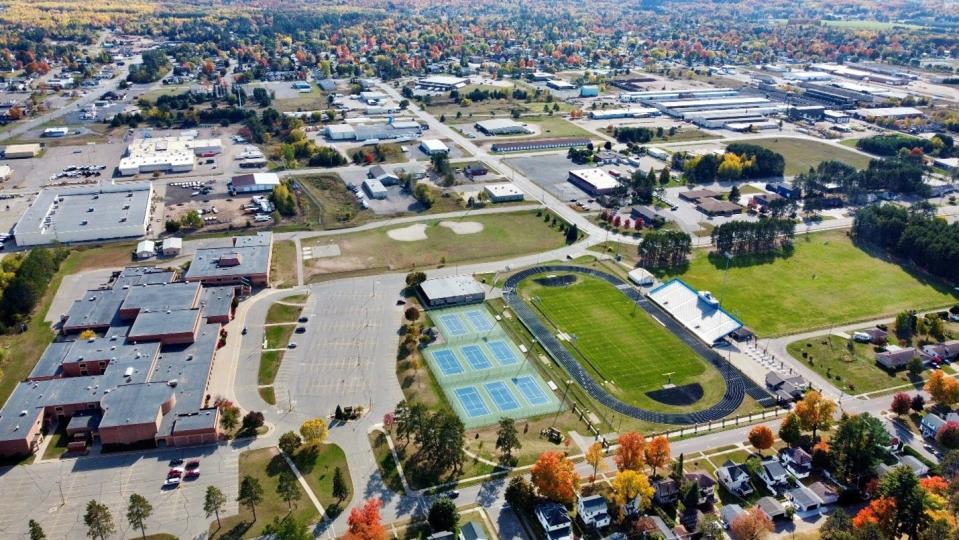
1 Model T every 10 seconds
Edward George Kingsford, husband of Henry Ford's cousin Mary Flaherty, was a forester who had a Ford dealership in Iron Mountain, according to The Henry Ford museum. Kingsford helped Ford broker the purchase of some 313,000 acres of timber to supply his needs for hardwood for vehicles, The Henry Ford museum's archive site says.
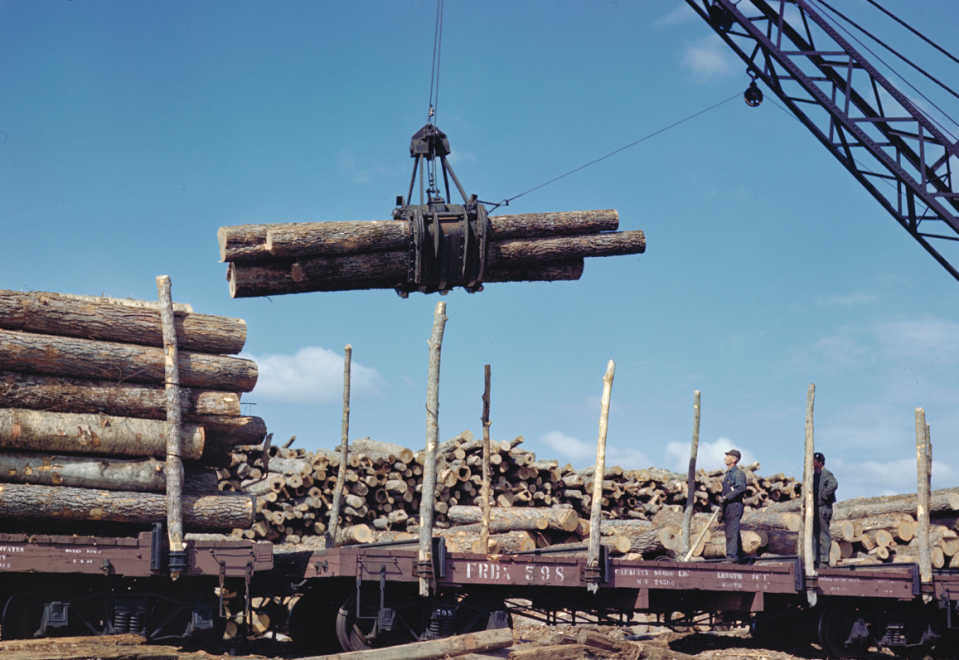
Then, he also convinced him to build in the Iron Mountain area, which had a section of the Menominee River, which would become a power source for the Ford plant, said Tony Edlebeck, the former public works director and city manager who retired two years ago. "If you can imagine, at peak production they were building about one Model T per 10 seconds companywide. They were cutting a tremendous amount of hardwood here."
Ford purchased land in 1920 and built a manufacturing compound on property south of nearby Iron Mountain that included a sawmill, body plants, chemical plant, charcoal carbonization facilities, carpenter's shop and power facilities, including a dam. Ford was making station wagon panels of wood by 1934 and station wagon bodies of wood by 1939.
Edward Kingsford became vice president of Ford's Upper Peninsula operations, which included sawmills, factories and a wood chemical plant, according to The Henry Ford museum.
"Ford and Kingsford went on a number of hunting trips together in the Upper Peninsula over the years and developed a trusting relationship," according to the Iron Mountain Daily News. "Henry Ford often sought Kingsford’s advice, which did not always sit well with Ford management in Dearborn, since they knew Kingsford had Ford’s ear whenever needed and did not have to go through normal channels to talk to him."
The manufacturing process created a lot of wood scraps. So Ford decided to burn it, mix in starch and press the material in charcoal briquettes, according to The Henry Ford museum archives.
100 tons of charcoal daily
Ford Charcoal itself turned into a thriving side business.
The company was making 100 tons of charcoal every day in Kingsford, according to a June 17, 1947, Ford news release obtained by the Detroit Free Press from the archives. The automaker sold charcoal to railroads, foundries, shipyards, repair shops, metal workers, hotels, dining cars, restaurants and regular people who wanted to grill in their backyards. Charcoal could replace the use of wood and, as a fuel, burned cleaner.
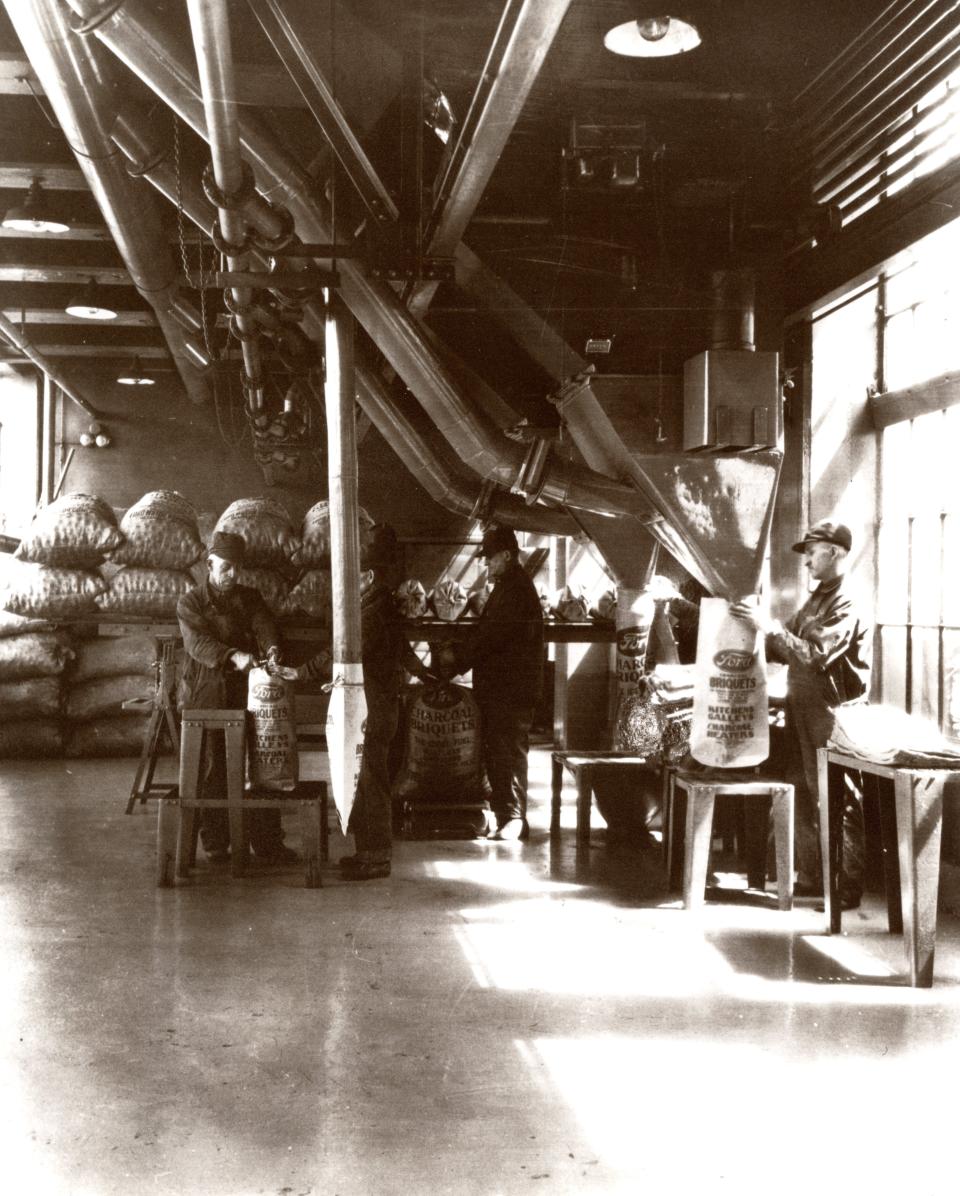
Companies in other parts of the country were already making charcoal and Ford did not come up with the patent, Edlebeck said. But Ford was determined to use the waste wood for charcoal. Already Ford was providing hibachi grills and bags of charcoal with vehicle purchases.
"Ford sold the charcoal to the public through its network of auto dealerships, as well as through conventional hardware, sporting goods and department stores. It was a prominent example of Henry Ford’s commitment to reducing and reusing waste," according to The Henry Ford museum.
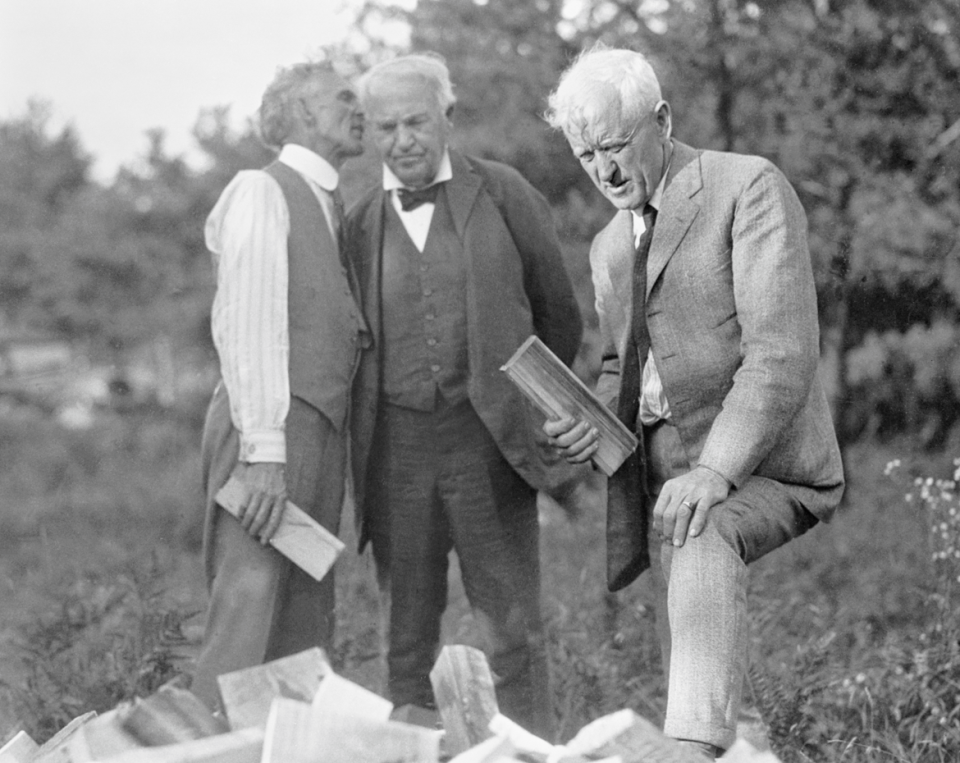
During this period, Ford invested in homes, schools, water systems, fire protection, a hospital, airport and recreation facilities for Kingsford, which today numbers 5,000 or so residents and borders Iron Mountain.
The company donated 450 acres to the community with an estimated $350 million impact on the economy over time through payroll, taxes and donations, according to an Oct. 1, 1951, Ford news release from the Ford archives, obtained by the Free Press.
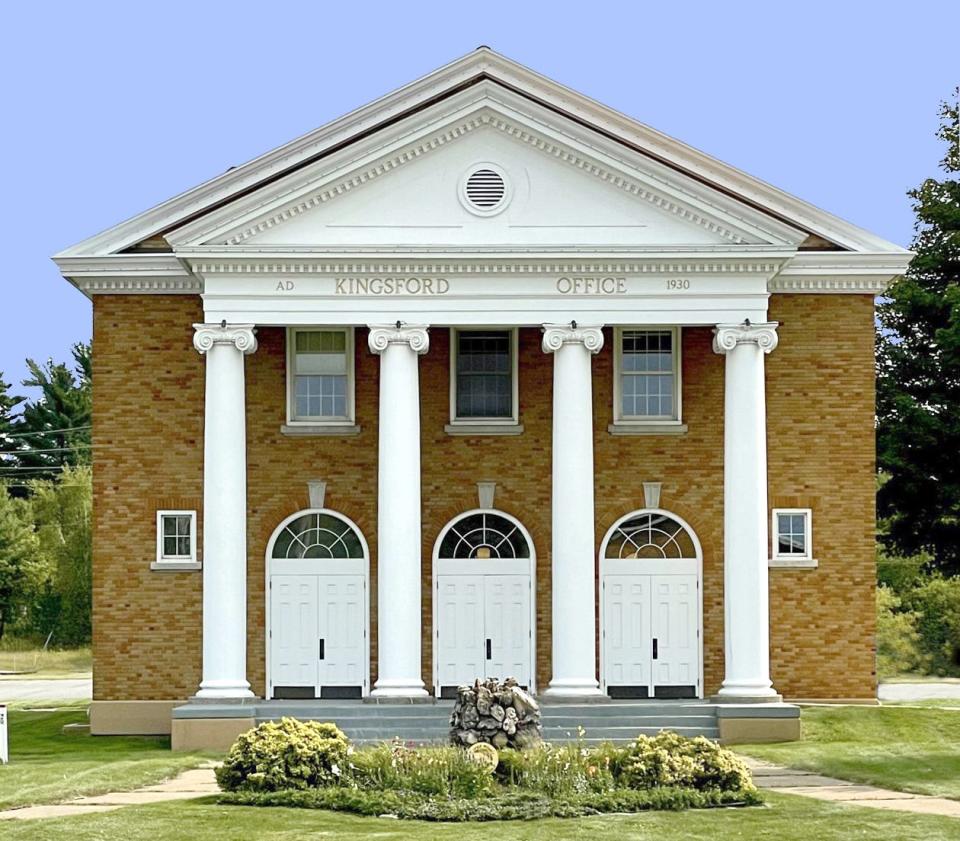
Yet, Ford pulled out of the city by 1952, after much of the cars were using more steel than wood.
Ford sold its properties in the area. A group of investors bought Ford Charcoal, renamed it Kingsford Chemical Company, home of Kingsford Charcoal, and took over operations.
The Kingsford Company sawmill closed in 1961, according to the Iron Mountain News on June 28 of that year. And Kingsford Charcoal moved to Louisville, Kentucky. Today, the company, which is owned by Clorox, dominates the U.S. charcoal market.
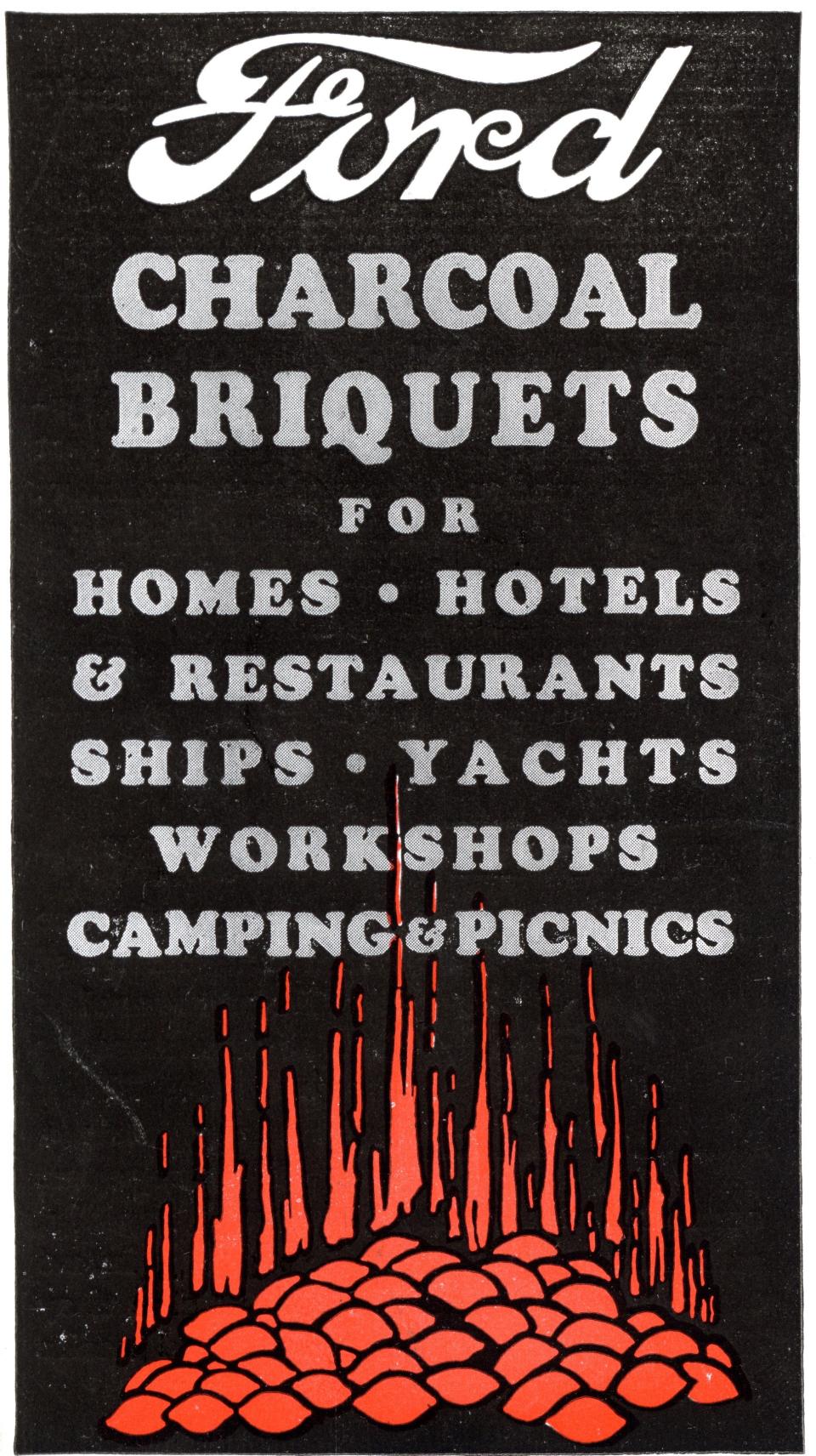
And the resilient people of Kingsford remained.
"We kept on keeping on," said Groeneveld, 67, who ran for city council a decade ago after retiring as a public safety officer.
More auto history: Five motorcycles that helped cement Harley-Davidson's image and riders' passion
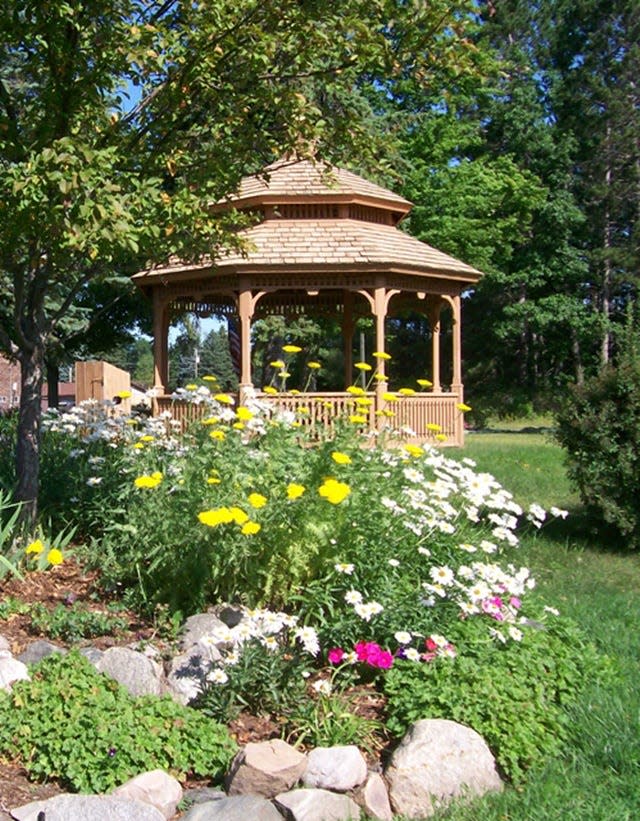
Now, Kingsford is known for its outdoor tourism such as hiking, hunting and skiing. Manufacturing and technology companies have relocated to the area, which prides itself on a strong work ethic, the mayor said.
Even now, the city takes great pride in its contributions to World War II with local museum displays. Ford converted its local plant to build gliders that carried troops and supplies to Europe. The company was supplying 75% of the charcoal for the war effort, Edlebeck said. They were using it to keep ships warm and train cars from freezing.
"Kingsford has come a long ways since the Ford days," Edlebeck said. "Ford was here for 30 years when it left in 1951. At that time, it would’ve been devastating to leave and have nothing left."
People stayed loyal to Kingsford
The town went on to recruit new companies that built refuse trucks for 60 years, a house manufacturing facility that started in 1970 and continues today, a foundry built by William Grede, the largest employer in the city, Lake Shore Engineering, which recently celebrated its 160th anniversary in the U.P. serving the maritime industry. Another major business in town is Nelson Paint Company, which makes paint balls for the forestry industry to mark trees and the ranching industry to mark cattle, along with suppling paint supplies for industrial, commercial and household uses.
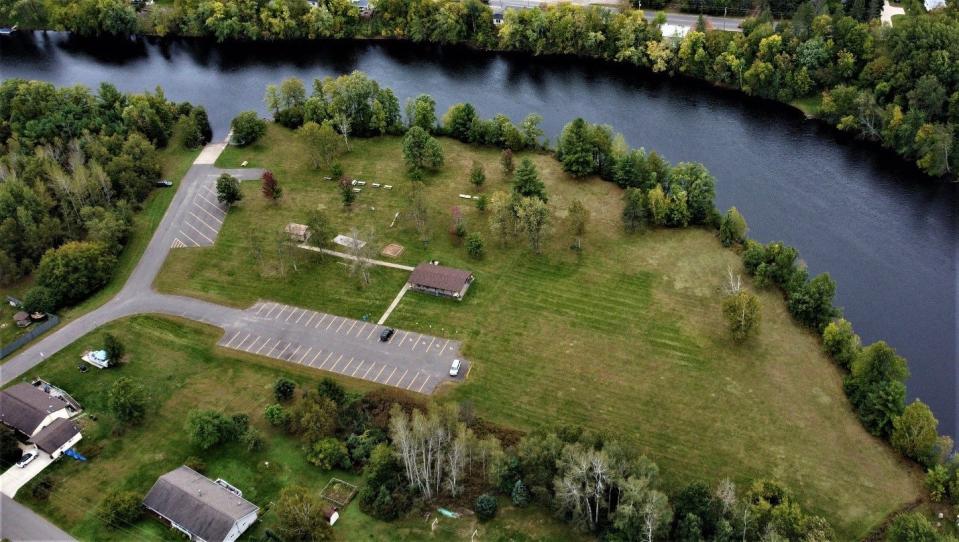
"We've had World War II veterans, young men who left the community, and they saw the need to rebuild. They kept the communities growing," Edlebeck said. "Korean War and Vietnam War vets continue to be loyal to our community."
For subscribers: 2024 Ford Mustang goes back to the '80s in salute to a hero from Detroit’s darkest days
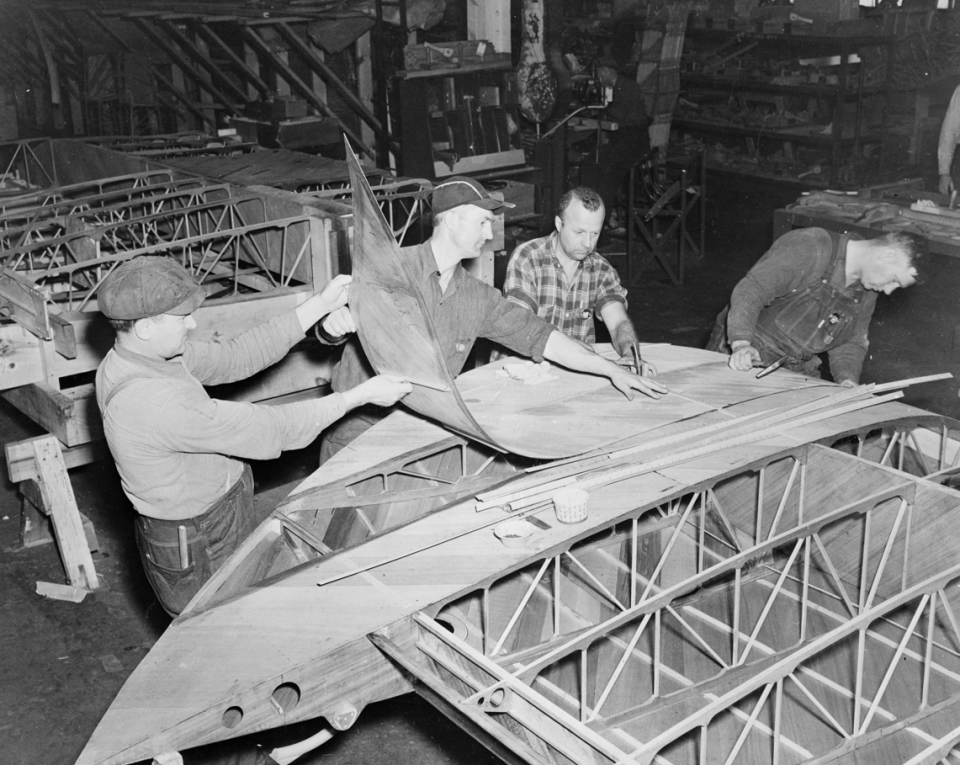
Ted Ryan, Ford archivist, hopes to drive a Ford Mustang in the parade on Aug. 5.
"Kingsford is a city created by Ford," Ryan told the Free Press. "The way there's a deep sense of pride in Toledo with Jeep, there's a deep sense of pride in Kingsford — for charcoal and Ford."
Contact Phoebe Wall Howard: 313-618-1034 or phoward@freepress.com. Follow her on Twitter @phoebesaid.
This article originally appeared on Detroit Free Press: Kingsford charcoal company began in Michigan with Henry Ford

 Yahoo Finance
Yahoo Finance 